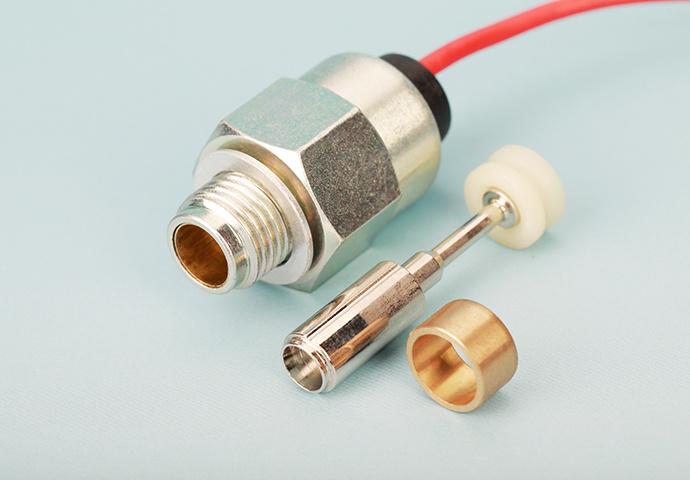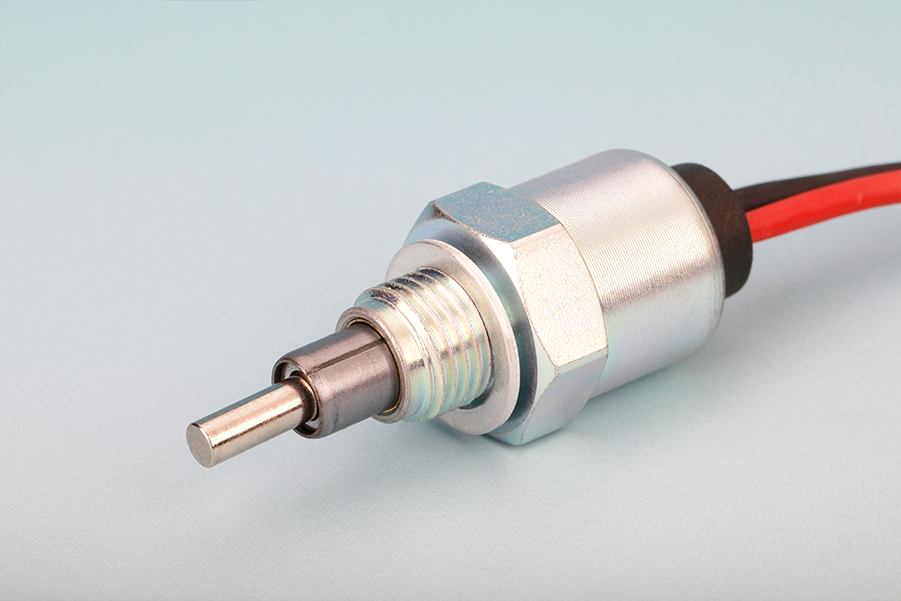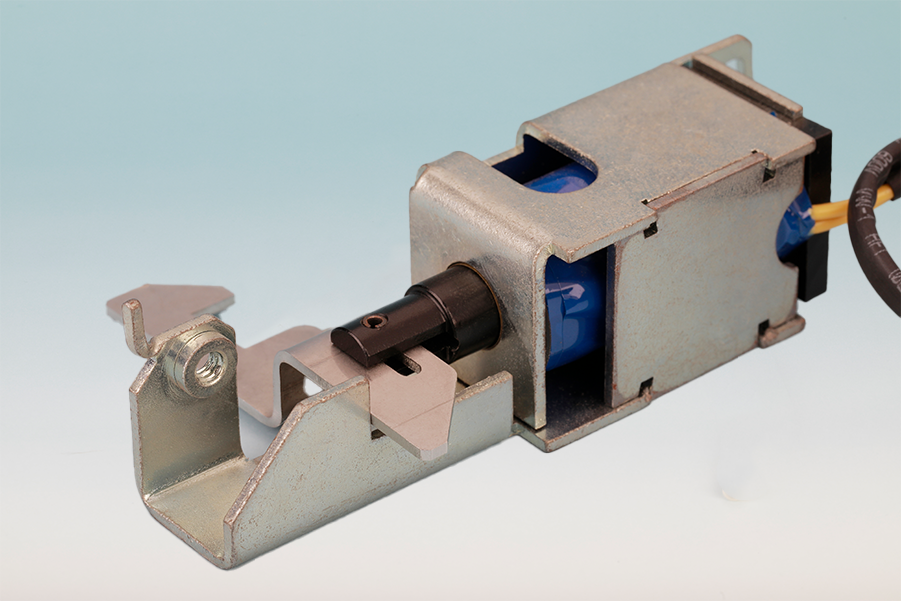Comparing Kohler Carburetor Solenoids with Other Automotive Solenoids: A Comprehensive Guide
Release Time:
Jun 29,2025
Comparing Kohler Carburetor Solenoids with Other Automotive Solenoids: A Comprehensive Guide Table of Contents 1. Introduction to Automotive Solenoids 2. What are Kohler Carburetor Solenoids? 3. Understanding Other Automotive Solenoids 4. Key Differences Between Kohler Carburetor Solenoids and Other Solenoids 4.1 Functionality 4.2 P
Comparing Kohler Carburetor Solenoids with Other Automotive Solenoids: A Comprehensive Guide
Table of Contents
- 1. Introduction to Automotive Solenoids
- 2. What are Kohler Carburetor Solenoids?
- 3. Understanding Other Automotive Solenoids
- 4. Key Differences Between Kohler Carburetor Solenoids and Other Solenoids
- 4.1 Functionality
- 4.2 Performance
- 4.3 Durability
- 5. Applications of Kohler Carburetor Solenoids
- 6. Common Brands of Automotive Solenoids
- 7. Maintenance Tips for Automotive Solenoids
- 8. Frequently Asked Questions (FAQs)
- 9. Conclusion: Making the Right Choice
1. Introduction to Automotive Solenoids
Automotive solenoids play a crucial role in the operation of modern vehicles. They act as electromagnetic switches that control various functions, from starting the engine to regulating fuel delivery. Understanding these components is essential for anyone interested in automotive technology, whether you're a professional mechanic or an avid DIY enthusiast.
2. What are Kohler Carburetor Solenoids?
Kohler carburetor solenoids are specialized components commonly used in small engines, particularly those found in outdoor power equipment such as lawn mowers and generators. These solenoids control the flow of fuel by regulating the opening and closing of the carburetor's throttle. Their primary function is to ensure optimal engine performance and fuel efficiency. Kohler solenoids are renowned for their reliability and durability, making them a popular choice among users.
3. Understanding Other Automotive Solenoids
While Kohler carburetor solenoids focus on fuel management, other automotive solenoids serve various purposes across different vehicle systems. Common types include starter solenoids, transmission solenoids, and fuel injection solenoids. Each type is designed with specific functions in mind:
- **Starter Solenoids**: Engage the starter motor to crank the engine when the ignition is turned on.
- **Transmission Solenoids**: Control the flow of transmission fluid, affecting gear changes and overall transmission performance.
- **Fuel Injection Solenoids**: Regulate the amount of fuel delivered to the engine, ensuring precise fuel-air mixture for combustion.
Understanding these solenoids and their roles can help in evaluating their performance compared to Kohler carburetor solenoids.
4. Key Differences Between Kohler Carburetor Solenoids and Other Solenoids
When comparing Kohler carburetor solenoids with other automotive solenoids, several factors come into play:
4.1 Functionality
Kohler carburetor solenoids specifically manage fuel flow, optimizing engine performance in small engines. In contrast, other automotive solenoids may handle a variety of functions, such as initiating the engine start or managing vehicle transmission. This distinction is crucial for determining which solenoid is appropriate for a specific application.
4.2 Performance
Performance can vary significantly based on the solenoid type and its application. Kohler carburetor solenoids are engineered for efficiency in small engines, providing quick response times and minimal energy consumption. In comparison, solenoids used in larger automotive applications, such as starter solenoids, focus on delivering high torque and reliability for engine ignition.
4.3 Durability
Durability is another essential factor. Kohler solenoids are built to withstand the rigors of outdoor usage, often facing harsh conditions. Other automotive solenoids must also demonstrate durability, especially those in critical systems like transmission and starter mechanics. The material composition and design can impact longevity, making it important to consider these aspects when selecting a solenoid.
5. Applications of Kohler Carburetor Solenoids
Kohler carburetor solenoids are predominantly used in small engines for outdoor equipment, particularly in:
- **Lawn Mowers**: Regulating the fuel flow to ensure smooth operation.
- **Generators**: Enhancing fuel efficiency for longer run times.
- **Pressure Washers**: Managing fuel flow for optimal performance.
These applications illustrate the versatility and importance of Kohler carburetor solenoids in various contexts.
6. Common Brands of Automotive Solenoids
In the automotive industry, numerous brands manufacture solenoids to meet various needs. Some of the most reputable brands include:
- **ACDelco**: Known for its starter and fuel injection solenoids.
- **Denso**: Offers a wide range of automotive solenoids, including those for fuel systems.
- **Bosch**: Renowned for its innovative automotive components, including solenoids for various applications.
When selecting a solenoid, it's beneficial to consider these brands due to their reputation for quality and reliability.
7. Maintenance Tips for Automotive Solenoids
Proper maintenance is crucial for ensuring the longevity and optimal performance of automotive solenoids. Here are some tips to keep in mind:
- **Regular Inspections**: Check solenoids for signs of wear or damage regularly. Look for corrosion, loose connections, or any physical damage.
- **Keep Connections Clean**: Ensure that electrical connections to the solenoid are clean and free from corrosion. Poor connections can lead to solenoid failure.
- **Follow Manufacturer Guidelines**: Always adhere to the manufacturer's maintenance recommendations, including replacement intervals and lubrication needs.
By following these maintenance practices, you can enhance the lifespan and performance of both Kohler carburetor solenoids and other automotive solenoids.
8. Frequently Asked Questions (FAQs)
8.1 What are the signs of a failing solenoid?
Common signs of a failing solenoid include difficulty starting the engine, erratic engine performance, and unusual noises when engaging the solenoid. If you notice these symptoms, it's advisable to check the solenoid.
8.2 How do I test a Kohler carburetor solenoid?
To test a Kohler carburetor solenoid, first disconnect it from the power source. Use a multimeter to check for continuity. A lack of continuity indicates that the solenoid may be faulty and requires replacement.
8.3 Can I use a solenoid from a different brand?
While some solenoids may be interchangeable, it is always best to use the manufacturer's recommended part to ensure compatibility and performance.
8.4 How do I know if I need to replace my solenoid?
If you experience starting issues, erratic performance, or hear clicking noises when trying to start your engine, it may be time to replace your solenoid.
8.5 What is the average lifespan of an automotive solenoid?
The lifespan of an automotive solenoid can vary significantly based on usage and application but generally ranges from 5 to 10 years with proper maintenance.
9. Conclusion: Making the Right Choice
In the world of automotive solenoids, understanding the differences between Kohler carburetor solenoids and other options is vital for making informed decisions. Kohler solenoids excel in their specific applications, particularly in small engines that demand reliability and efficiency. By considering functionality, performance, and durability, you can choose the right solenoid for your needs. Whether you're maintaining lawn equipment or working on automotive systems, selecting the appropriate solenoid will ultimately enhance your engine's performance and longevity. Remember to prioritize quality brands and follow maintenance best practices to ensure optimal operation.
Related content




